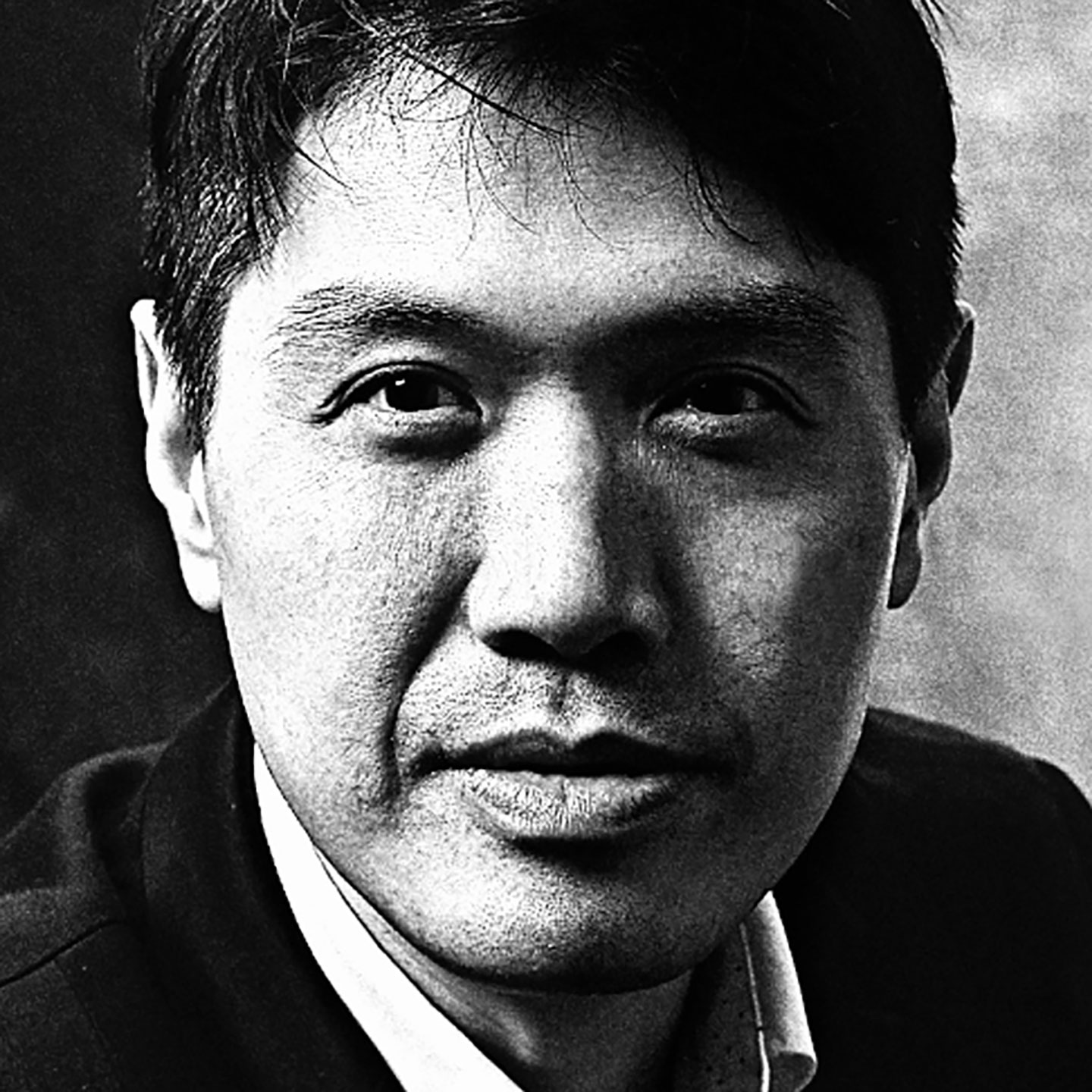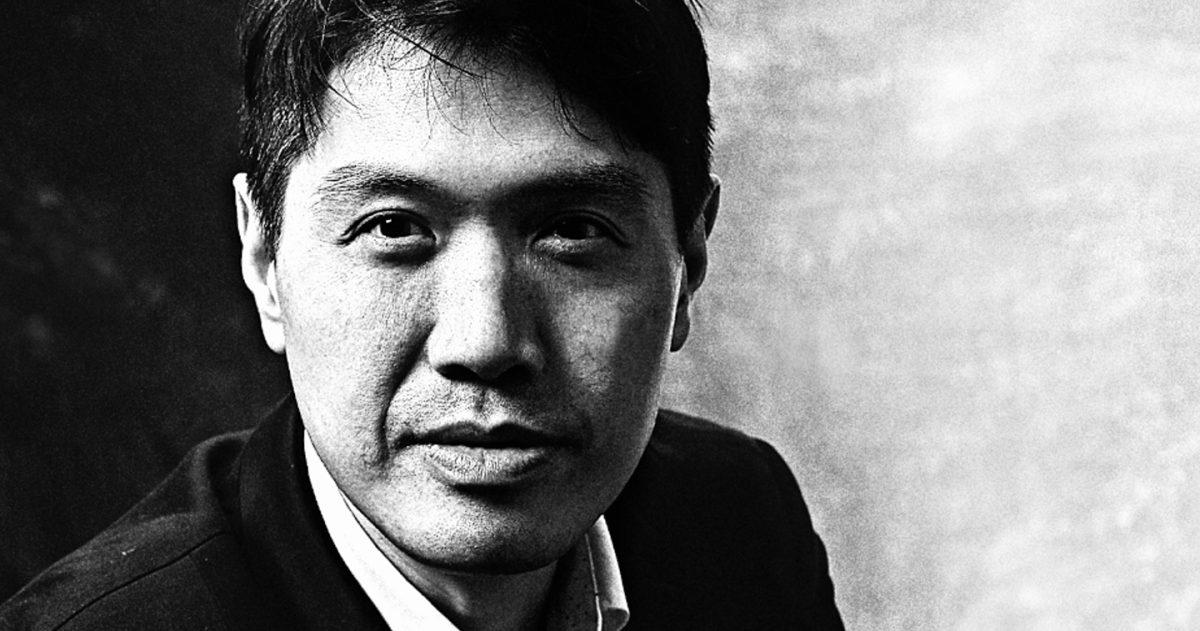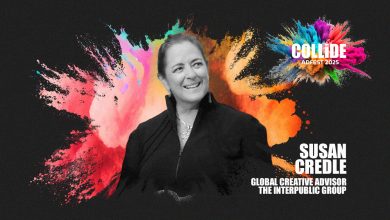CHINA – As president and CEO of DDB China Group, Matthew Cheng knows a thing or two about the country’s creative scene. It’s interesting then, that his career almost went a different way. After studying accounting and finance at the University of Hong Kong, he was about to join a Big Four firm but a chance meeting with a creative director stopped him. “This particular guy gave off a great impression, so I found out more about his agency and realised it’s a very, very interesting job.”
Shortly after he got a job at BBDO Hong Kong as an account executive, and three years later he joined Leo Burnett in Hong Kong and then Grey in the country. It wasn’t until 2014, when Matthew had been in the industry for 14 years, that he began working in mainland China. His first job was at Leo Burnett’s Shanghai and Guangzhou offices followed by DDB in Beijing.
Matthew believes this stands him in good stead among his peers. “I’m the only CEO in China who has lived and worked in over three cities in China, including Beijing, Shanghai, and Guangzhou. That is very interesting because in China most of the international agencies are headquartered in Shanghai. But when I joined DDB, my first thought was to go to the Beijing office to settle some new clients, and then Guangzhou followed by Shanghai.”

When he reflects on how the advertising industry has evolved since then, Matthew is quick to point out that, 20 years ago ‘mainland China was left behind by the whole world when it came to advertising’. He explains that in 2014 this all began to change when digital emerged in China: “Before 2014, audio communications were very traditional or perceived to save power, even though it used digital websites or supporting media. But in the immediate years following 2014, there was a disruptive change when more local, boutique agencies launched in the market.
“In the past we put the idea first, and then we considered how to land the idea across different media types. But now, we need to think about the idea in tandem with the whole ecosystem.” Admittedly, the environment in China has changed greatly with the emergence of different technologies and the rise of social media but Matthew believes that to this day, only 80 percent of communications are digital. The rest comes from TV shows and adapting print to appeal to audiences both in the cities and rural villages.
However, regardless of the medium used, the way to gain insights remains the same. “I think that the core of creativity is about the human. How can we engage them, and how can we make them aware of and discover something new about our brand?” This human truth is something that Matthew is aware is changing and thanks to an instant response on social media, we as humans are less patient than ever. “Consumers are increasingly impatient because of short videos and live streaming. I think because of certain cultural trends, Chinese people are more engaged with sales driven campaigns.”
Earlier this year, DDB globally rebranded itself as an agency for ‘Unexpected Works’ and this is something that is at the core of its Chinese offering.
However, Matthew wants to combine this with ‘Branded Digital Integrated Marketing Expertise’. “This is a core area for marketers where we can really play to our strengths and, more importantly, create world-class ideas that can travel across different platforms, get amplified on social media, and eventually connect with sales.”










